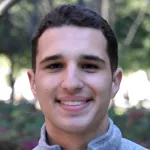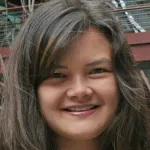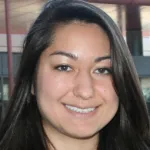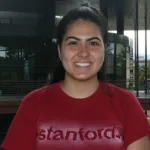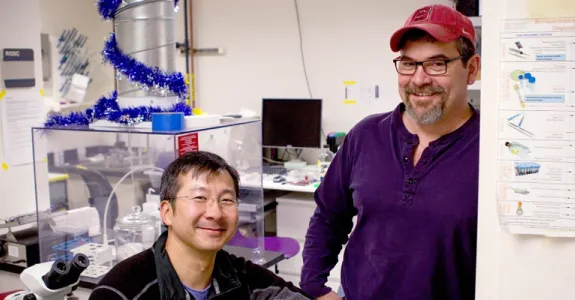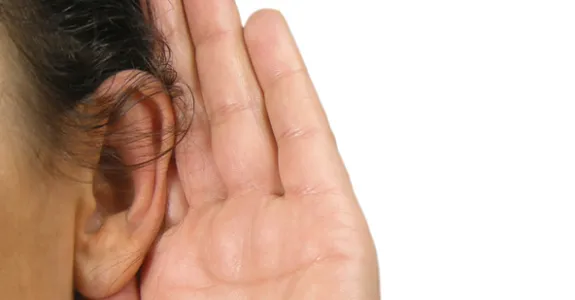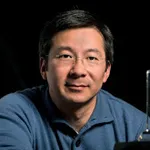
The overarching goal of Dr. Cheng's research group is to restore/protect auditory function. The irreversible loss of mechanosensitive hair cells in the cochlea causes permanent hearing loss. Mammals lack the ability to spontaneously regenerate hair cells and restore hearing. Wnt signaling is a recurrent theme playing crucial roles in the development of multicellular organisms as well as tissue and cellular homeostasis including the maintenance of stem/progenitor cells. To understand how to regenerate the inner ear, their group has been studying Wnt-responsive progenitor cells in the mammalian cochlea. They take in vitro and in vivo approaches to study the behavior of these putative progenitor cells both during development and after damage in the mature animal. In particular, they are interested in how cell fate decision is made when these progenitor cells differentiate and how Wnt signaling (and other signals) directly and indirectly affects their decision. Techniques include genetic and pharmacologic manipulations, flow cytometry, cell and organotypic cultures, and confocal and time-lapse imaging, single cell and whole animal physiological testing.
A second direction of their laboratory is to understand how the aminoglycoside antibiotics enter the inner ear. These commonly prescribed antibiotics selectively damage inner ear hair cells leading to hearing loss. They are interested in understanding how it enters the blood-labyrinth barrier and its subsequent transport into hair cells. One main focus is to re-design aminoglycosides to preclude their entry into the inner ear.


